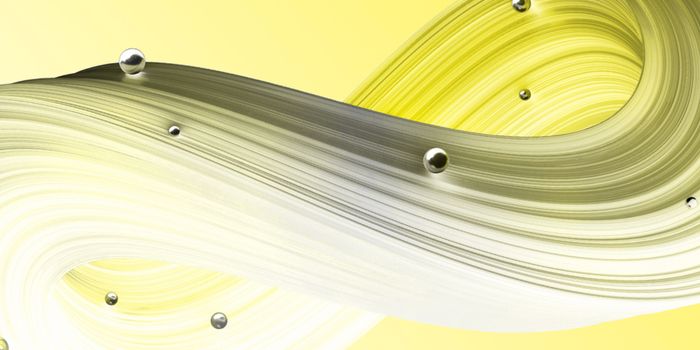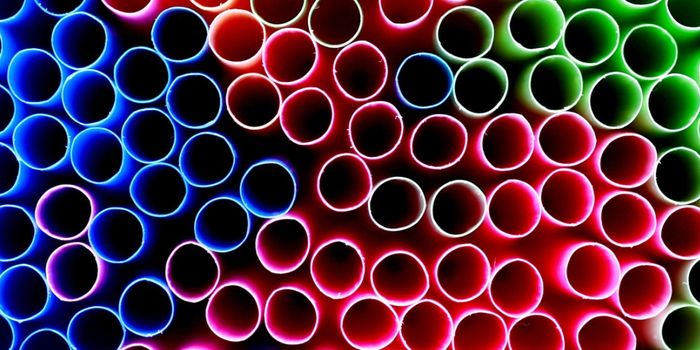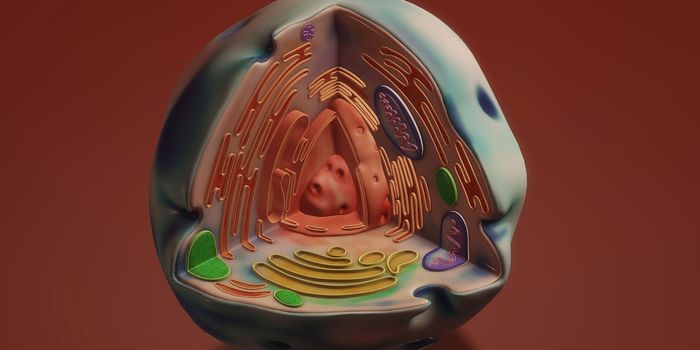Small Molecules Found to Dial Down Autoimmunity
New drugs are often discovered by studying the effects of small molecules. Scientists have now identified two combinations of these chemicals that can disrupt a cellular pathway that is related to the development of autoimmune disease. Discovered by researchers at EPFL, the work has been reported in Nature.
Our body has to defend itself against invaders, and the immune system has a way to identify them and mark them for elimination. One way this is accomplished is by activating a protein called STING (STimulator of Interferon Genes) after microbial DNA has been found by the immune system. STING can then turn other genes on which mount an attack to remove the pathogen.
When this system goes awry, it can turn these defenses against other cells in its own body, an event called autoinflammation (which is described in the video below); it can lead to serious disease. Finding drugs that can prevent this from happening has been extremely challenging, even with all we know about the immune system.
A research team led by immunologist Andrea Ablasser of EPFL has now found several compounds that can attach to STING, stopping its effects. After screening small molecules to find the ones that lowered the activation of STING, they found two combinations of molecules that can stop STING in human and mouse cells.
The scientists weren’t just looking for an effective chemical, however, they also wanted to know how it was exerting these effects. To learn more, they carefully engineered STING molecules to find exactly which of its amino acids were impacted by the small molecules. This work showed that the small molecules stop a modification from occurring in STING; one of its amino acids, a cysteine residue, can’t be palmitoylated, when palmitic acid is attached.
Next, the investigators tested the effects of these compounds on autoinflammation. A mouse model of autoinflammatory diseases was used, in which STING is always active. The mice have symptoms that are similar to what humans experience. After those mice were exposed to the small molecule combinations, important markers of autoinflammation were reduced.
In further testing that used human cells growing in culture, a similar impact was seen, and STING was blocked. Clinical trials will be needed to confirm the effects in people with autoimmune diseases, but the researchers are working towards that.
“Our work uncovered an unexpected mechanism to target STING and provided the first proof-of-concept that anti-STING therapies are efficacious in autoinflammatory disease,” said Andrea Ablasser. “Beyond specific monogenic autoinflammatory syndromes, the innate immune system is implicated in even broader inflammatory conditions, so we are excited to learn more about the role of STING in human diseases.”








